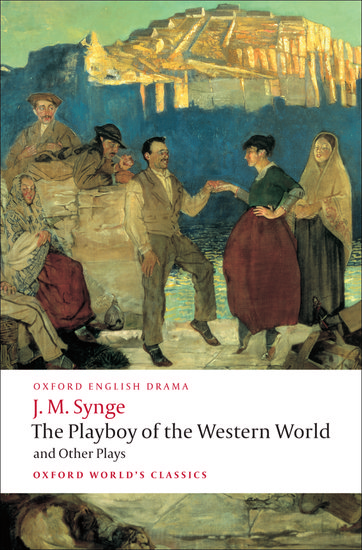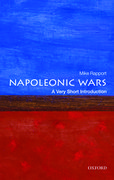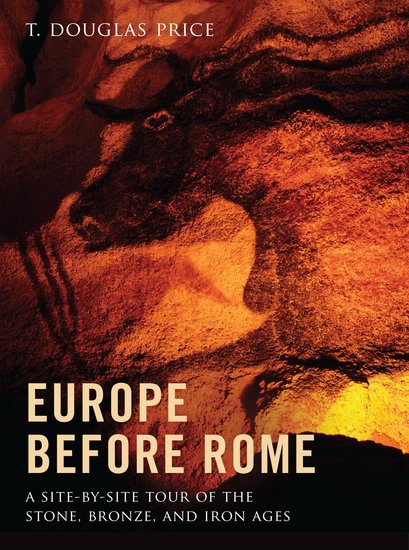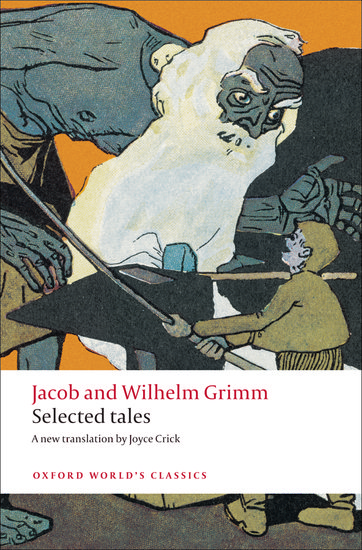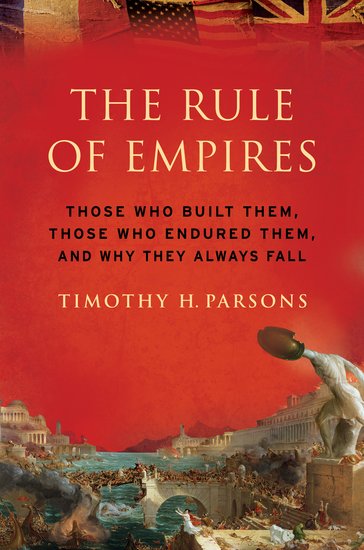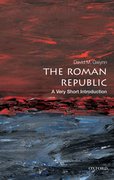Thomas Gray and Horace Walpole on Grand Tour, spread news of a papal election, 1739/1740
By Dr. Robert V. McNamee
On Sunday, 29 March 1739, two young men, aspiring authors and student friends from Eton College and Cambridge, departed Dover for the Continent. The twenty-two year old Horace Walpole, 4th earl of Orford (1717–1797), was setting out on his turn at the Grand Tour. Accompanying him on the journey, which would take them through France to Italy, was Thomas Gray (1716–1771), future author of the “Elegy Written in a Country Churchyard”.




